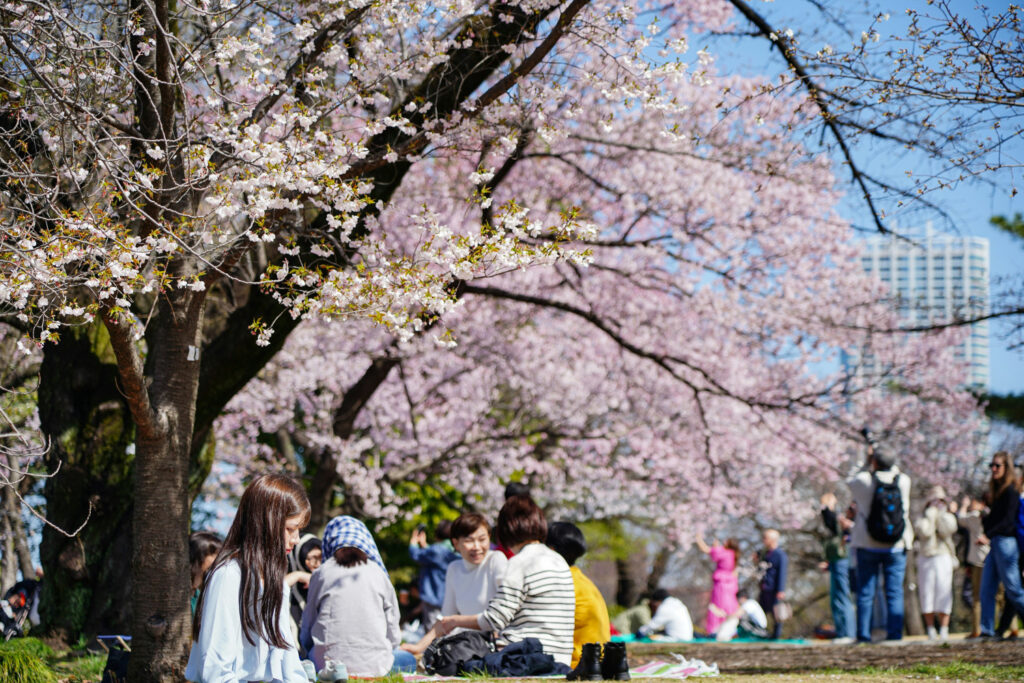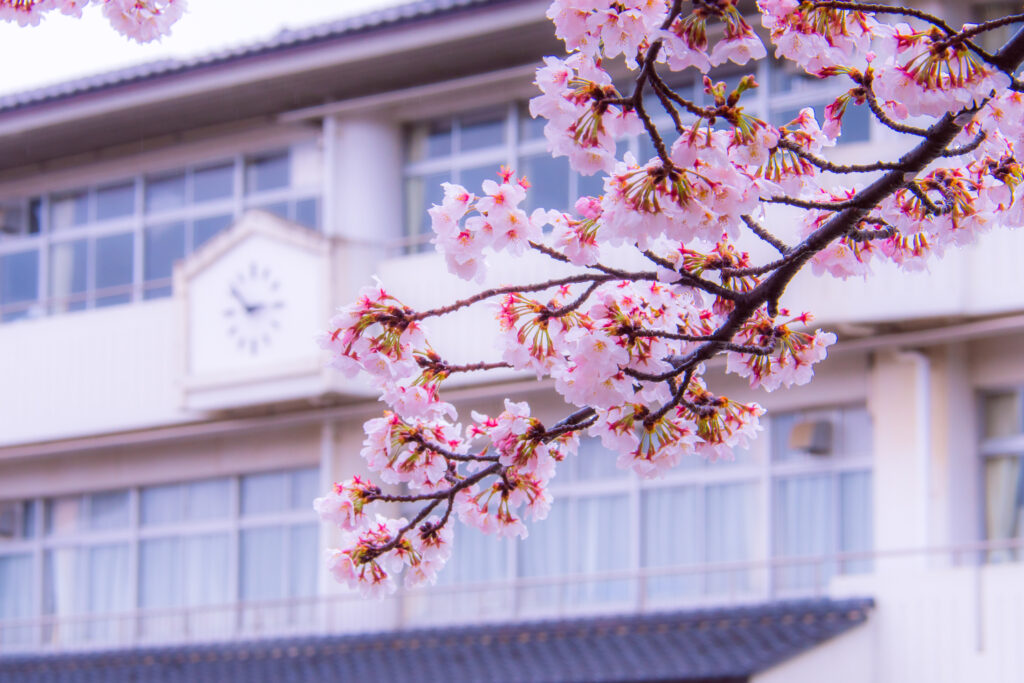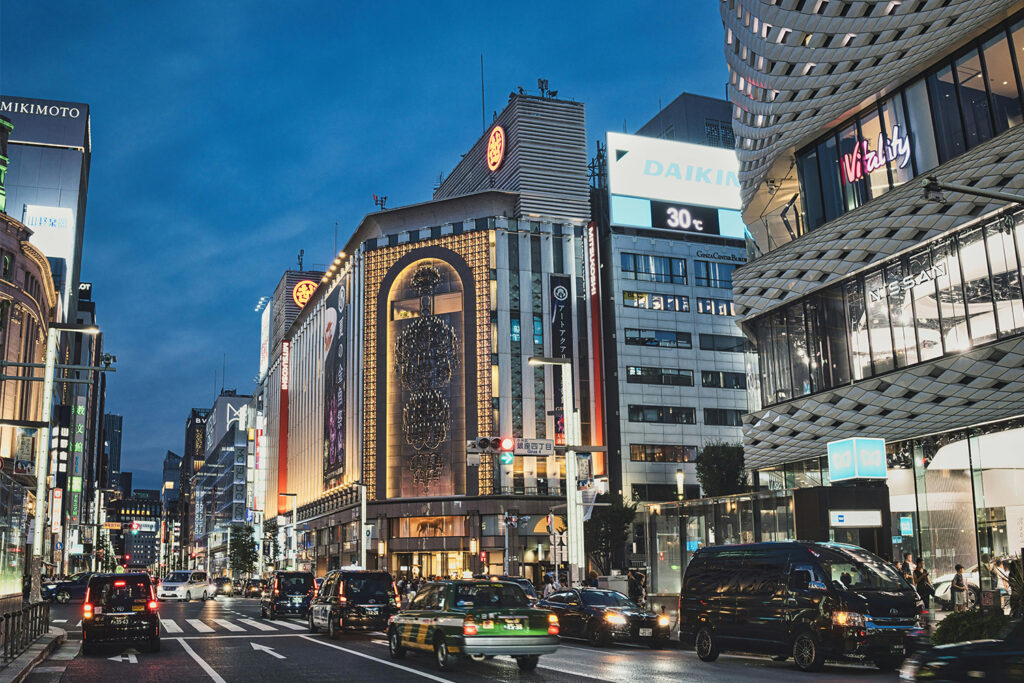
Tokyo has been named the world’s richest city in 2025, with a GDP of $2.55 trillion according to recent economic data from CEOworld. This places Tokyo ahead of New York ($2.49 trillion) and Los Angeles ($1.62 trillion), marking an important milestone for Japan’s capital and creating an impact for both the city’s economy and its real estate market.
Tokyo’s Economic Position
Tokyo’s GDP reflects its role as a major economic center in Asia and globally. The city’s economy draws strength from diverse sectors including technology, manufacturing, finance, and services. As Japan’s capital, Tokyo houses the headquarters of many major corporations, such as Mitsubishi UFJ and Sony Corporation, and serves as a hub for both domestic and international business.
This economic diversity creates stability. When one sector faces challenges, others help maintain overall economic health. For residents and businesses, this means a more stable environment with opportunities across different industries and career paths.
Real Estate Impact
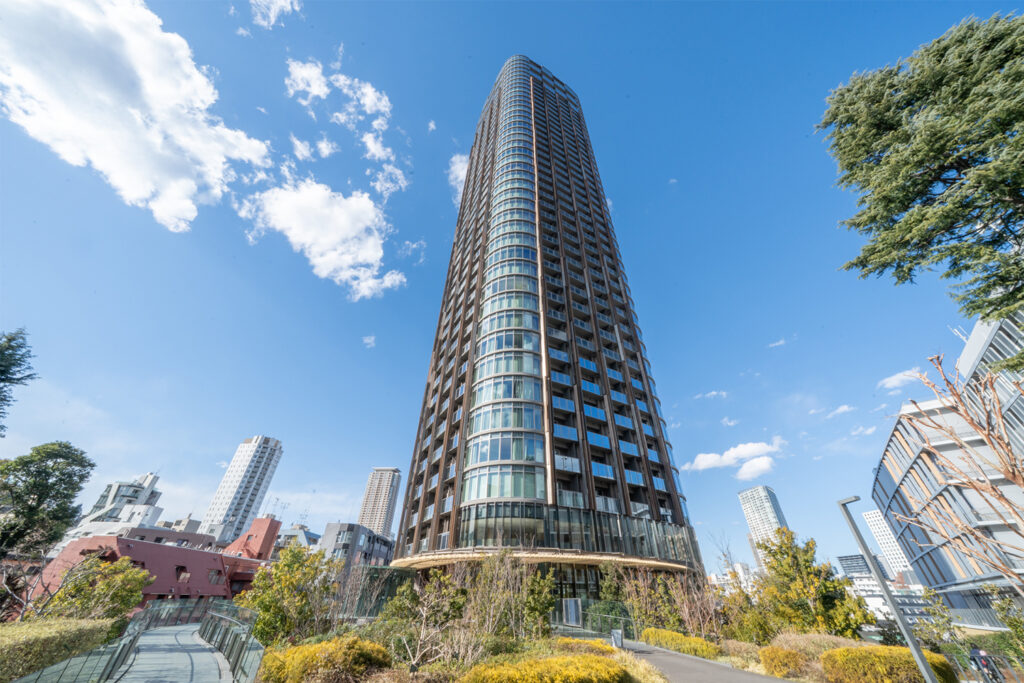
Tokyo’s economic strength directly influences its real estate market. The city attracts both Japanese and international residents who work across various industries, creating consistent demand for housing. Areas near business districts like Shibuya, Chiyoda, and Minato-ku remain popular with professionals seeking convenient access to their workplaces.
The city’s financial capacity also supports infrastructure improvements. Tokyo continues investing in its transportation network, including train lines and roads. Properties near well-connected stations often benefit from these improvements, as they provide easier commuting and access to the city’s amenities. These infrastructure developments can affect property accessibility and the overall appeal of different neighborhoods.
Understanding Tokyo’s Property Market
Tokyo’s real estate market offers diverse options, from studio apartments in central areas to larger houses in quieter neighborhoods. Property characteristics vary significantly by location, building age, and proximity to transportation. Central areas typically provide convenient access to offices and services, while outer wards often offer more living space and quieter residential environments.
Building age affects both pricing and features. Newer buildings typically include earthquake-resistant construction and modern amenities like security systems, while older properties may offer larger spaces at different price points. Some buildings provide additional services such as concierge, maintenance support, and managed facilities.
Economic Strengths Driving Tokyo
Several factors contribute to Tokyo’s economic output. The city maintains a strong presence in technology, with companies working in robotics, semiconductors, and digital innovation. Japanese manufacturing, known for precision and quality, operates throughout the metropolitan area. The financial sector also plays a significant role, with Tokyo serving as a regional hub for banking and investment services.
This economic activity creates employment opportunities across different fields. For international residents, many companies maintain English-speaking environments and offer relocation support, making the city accessible to foreign professionals. these all add up to make Toyko the world’s richest city by GDP
Global Context
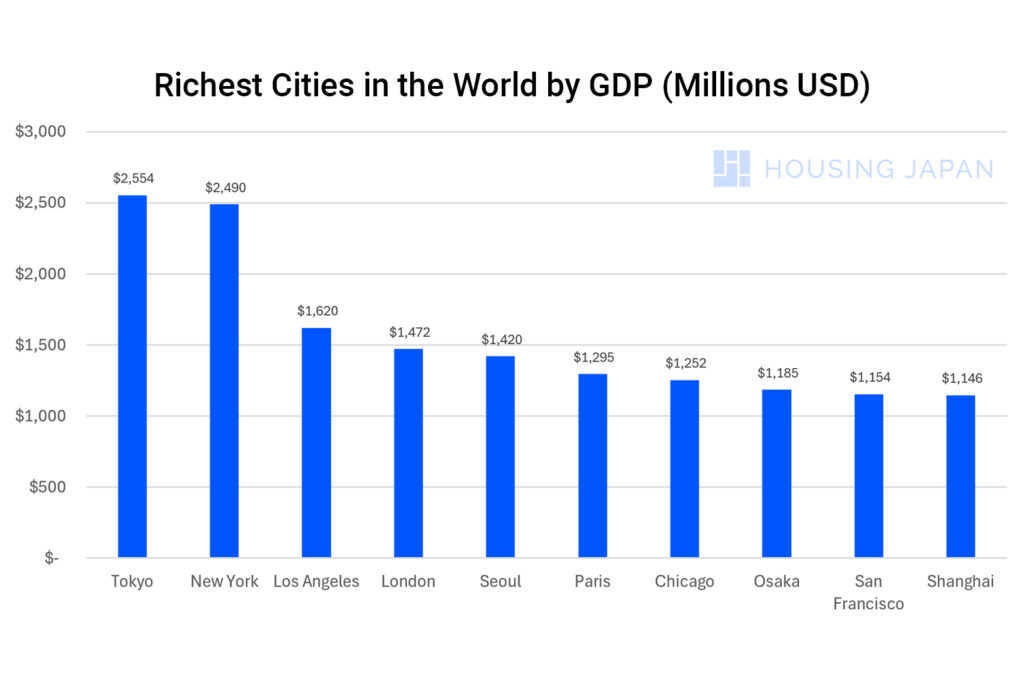
Other major cities including London ($1.47 trillion), Seoul ($1.42 trillion), and Paris ($1.39 trillion) also rank among the world’s richest. These cities share characteristics with Tokyo: they serve as business centers, attract international talent, and maintain strong infrastructure networks.
Tokyo distinguishes itself through its combination of traditional Japanese culture with modern urban living. The city’s transportation system, known for punctuality and extensive coverage, helps millions of people move efficiently throughout the metropolitan area daily.
Living in Tokyo

For residents, Tokyo’s economic strength translates into practical benefits. The city maintains modern infrastructure, reliable public services, and access to quality healthcare and education. Public safety remains high, with the city maintaining low crime rates compared to many other major cities worldwide.
Tokyo offers cultural amenities including museums, theaters, and restaurants serving both Japanese and international cuisine. Shopping districts range from large department stores to specialty shops, while each neighborhood provides its own character and local amenities.
Neighborhoods and Location Choices
Tokyo comprises multiple wards, each offering different advantages. Central areas like Minato, Shibuya, and Chiyoda feature business districts and residential neighborhoods with convenient office access. Areas like Setagaya and Meguro provide quieter residential environments while maintaining good transportation connections.
When choosing where to live, people typically consider commute times, school locations, proximity to parks and green spaces, and the local atmosphere. Some neighborhoods have developed international communities with services catering to foreign residents, including international schools and shops carrying imported goods.
Infrastructure and Connectivity
Tokyo’s economic position depends partly on its infrastructure. Haneda Airport provides domestic and international connections, while Tokyo and Shinjuku Stations serve as major railway hubs linking the city to other parts of Japan through the Shinkansen network and intercity trains.
Within the city, the extensive train and subway network allows residents to travel without necessarily owning a car. Many people choose housing based on proximity to train stations, as this significantly affects daily commute times and overall convenience.
International Business Environment
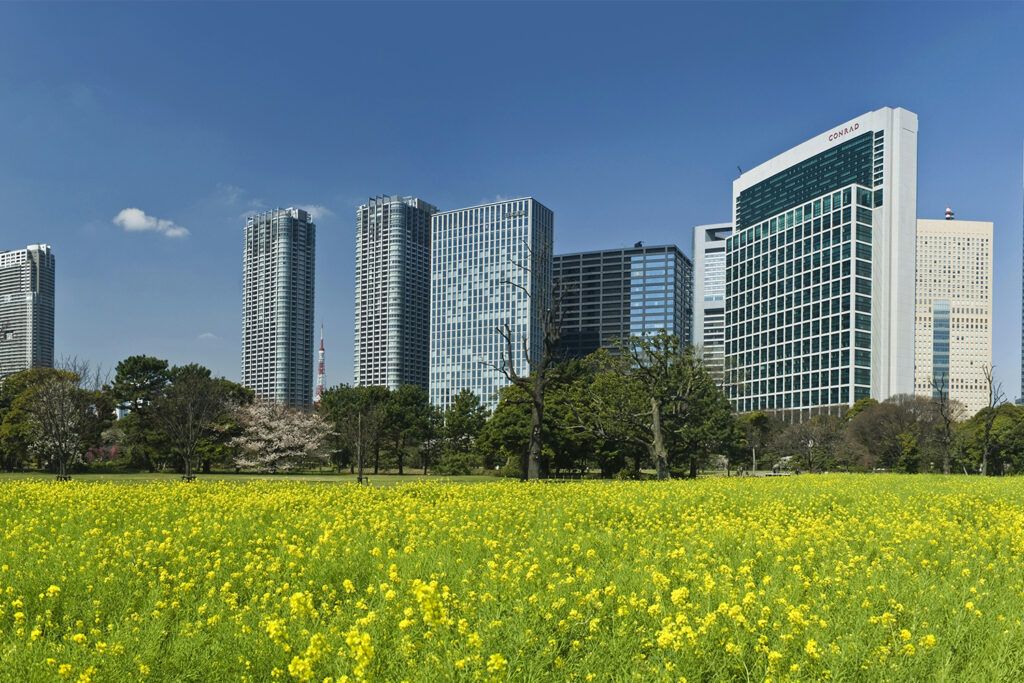
Tokyo’s status as an economic center attracts international companies across various sectors. Many global firms establish their Japanese or Asian headquarters here, creating opportunities for international professionals. This business activity supports services familiar to foreign residents, including real estate agencies with multilingual staff and property management companies experienced with international standards such as Housing Japan.
Future Development in Tokyo
Tokyo continues developing through various projects aimed at improving sustainability and quality of life. The city promotes energy-efficient buildings and works to increase resilience to natural events through building codes and infrastructure improvements. These ongoing developments may influence future property values and neighborhood characteristics. These continued developments should continue to add to the city’s appeal for new and existing local and international business, supporting it in being an important global city in future.
Making Informed Property Decisions in Tokyo
For those considering Tokyo real estate, understanding different neighborhoods and their characteristics helps in making informed decisions. Property features, location relative to transportation, and neighborhood amenities all factor into housing choices. Working with an experienced relator, such as Housing Japan, offer services in multiple languages, specialize in expats looking for properties in Japan, and can provide detailed information about properties and local areas.
Visiting different neighborhoods provides insight into Tokyo’s diversity. Each area has distinct characteristics, and exploring various parts of the city helps identify locations that match individual preferences and lifestyle needs.
Conclusion
Tokyo’s recognition as the world’s richest city by GDP highlights its economic importance while creating a foundation for the city’s real estate market. The economic strength supports infrastructure, services, and opportunities available throughout the city, making it both a business center and a place where millions of people build their lives.
Whether considering Tokyo for work or as a place to live, understanding the city’s economic position and real estate market provides useful context for making informed decisions about life in Japan’s capital.
About Housing Japan
Housing Japan is a luxury real estate company in central Tokyo with 25 years of experience, working with clients on buying, selling, and managing residential properties in prime areas. Our team provides guidance on Tokyo’s neighborhoods and housing options based on your specific needs.
Contact Us
Housing Japan
7F BPR Place Kamiyacho, 1-11-9 Azabudai, Minato-ku, Tokyo, Japan 106-0041

